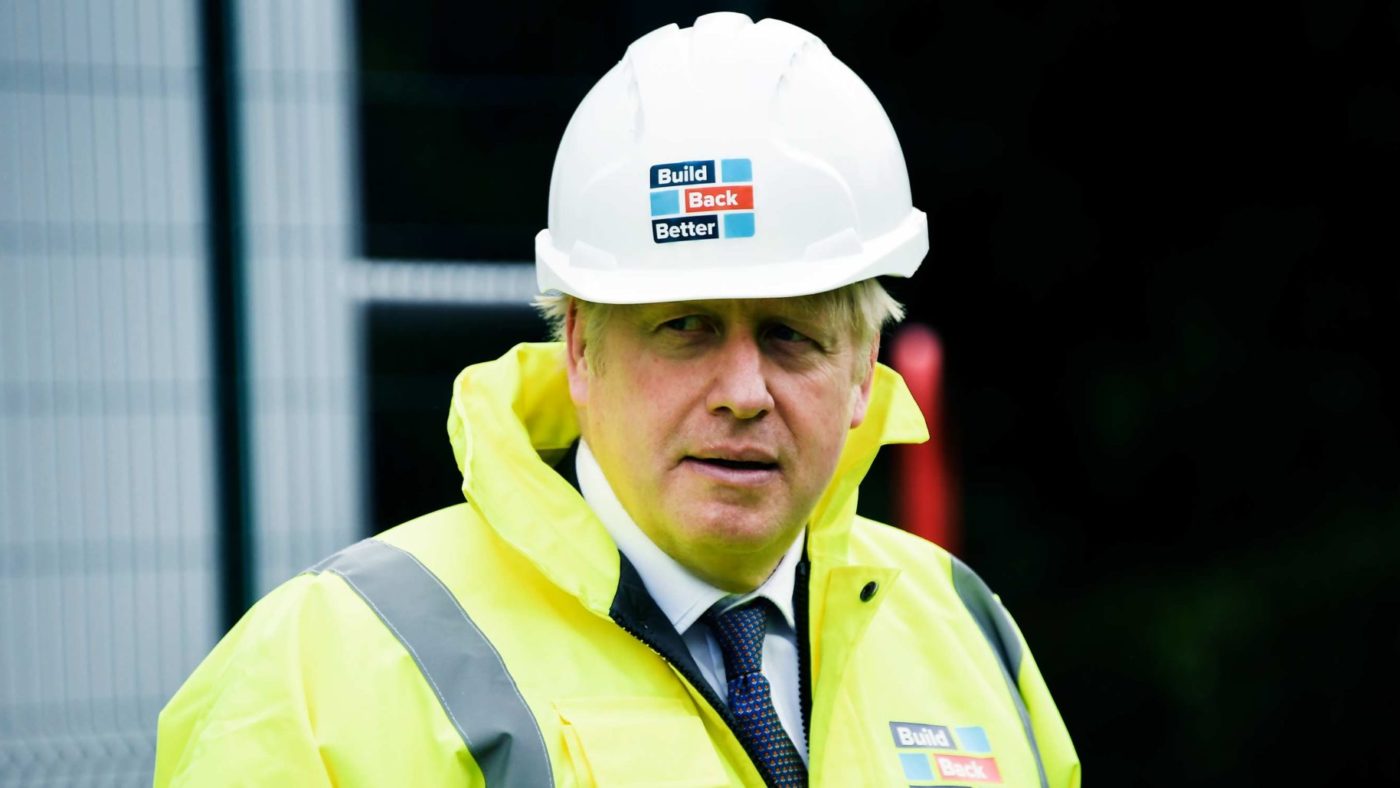Tory conference may have gone virtual, but it’s still a chance for Boris Johnson to try to hit reset after a chaotic, shattering, tumultuous 2020. The PM has teed things up with a wide-ranging Daily Telegraph interview, covering Brexit, ‘levelling up’, and his son’s sleep patterns, among other things.
The bit that stood out to me was the Prime Minister’s insistence that, after a year of massive state intervention in the economy, ours will be a ‘free market led recovery’.
On the one hand, it’s an attempt to remind his troops that he hasn’t changed, that there is still a buccaneering economic liberal underneath all the Covid-induced statism we’ve seen since spring. On the other, it’s an acknowledgment that the Government cannot indefinitely support swaths of economic activity, and attention must soon turn to dealing with our gargantuan debt pile.
There’s an important electoral dimension here too. Socialism may have been thrashed at the ballot box 10 months ago, but Johnson is right that ‘a huge, huge number of people feel totally excluded from capitalism’, especially the millions unable to buy their own home. The Tories might have a stonking majority, but they trailed Labour markedly among voters aged under 44 (a benchmark for ‘young’ that I’m more than happy with, personally).
His words may also give hope to those concerned that the Government’s economic agenda seemed to boil down to lobbing public money at Red Wall seats and hoping something sticks. In any case, it was always a patronising assumption that voters in post-industrial Britain are all pining for a handout. Nor can it just be about ‘build, build, build’ either: welcome though better infrastructure is, its dividends take many years to kick in, and we need something altogether more immediate.
Still, although recent policy discussions have tended to centre on how much the state should be paying for things – be it wages, subsidised meals or Our NHS – we have also seen some green shoots of economic liberalism.
Take the highly promising recent reports that RIshi Sunak will expand our stingy investment allowances, meaning businesses could soon be able to fully write off their investments in productivity-enhancing machinery. That chimes with the Chancellor’s own economically liberal instincts, which have understandably taken a back seat in this oddest of years.
Equally, the long overdue reforms to the planning system may not go as far as some of us would like, but they are certainly a step in the right direction.
Those supply-side reforms may take some time to bear fruit, but in the meantime one of Johnson’s proposed demand-side solutions is a long-term, low deposit mortgage – a policy inspired by last year’s Resentful Renters report from our parent organisation, the Centre for Policy Studies.
Combined with the very welcome Stamp Duty holiday, which we hope is made permanent, it suggests a Government waking up to the fact that there won’t be many future capitalists – or Tory voters – if younger Brits don’t have the chance to accrue some capital.


